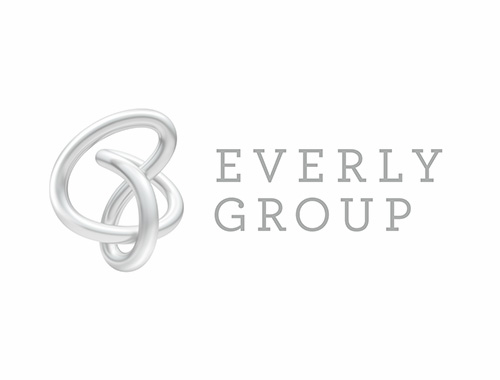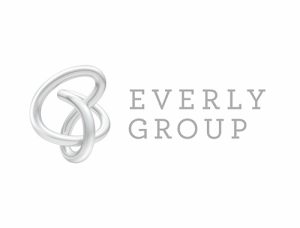
Part 2 – Utilities
Just like with the Electrical Engineer, it’s critical that utility consumption is segregated by profit center to ensure responsibility and accountability. Here are the key considerations for the Mechanical Engineer:
1. Water
Water used in each profit center must be sourced through its dedicated incoming pipe.
Install individual meters for each incoming pipe.
Adopt electronic meters where possible to allow for remote polling and monitoring.
2. Gas
Gas, once a low-cost energy source in Malaysia, is no longer economically advantageous due to subsidy removal.
Any modifications to gas systems are costly and require specialist contractors.
If gas is used, ensure separate meters are installed on the main line feeding each profit center.
3. Chilled Water (District Cooling Systems)
For chilled water supplied by a Central District Cooling system:
Ensure a main supply line goes to each profit center.
Alterations or expansions are costly and complex.
Understand the charging structure, especially maximum demand commitments.
Install thermal energy meters to monitor usage and avoid unintended demand triggers.
4. Sewerage
Toilet piping is generally straightforward.
The kitchen, however, presents greater complexity:
Grease Trap Management:
Central grease traps create a lack of accountability—everyone is responsible but no one is accountable.
Our updated approach (shared with the kitchen designer as well):
Individual grease traps for each cooking station – cleaned daily by the respective chef.
Central kitchen grease trap – checked by the main chef on duty daily.
Main hotel grease trap – monitored by an assigned chef.
Sewerage Line Placement:
Traditionally, sewer lines are run under the floor, with pipes exposed on the ceiling of the floor below.
This creates major issues during maintenance, especially if the lower floor is a shopping center or public foyer, as in The Evely Putrajaya.
We’ve learned to design kitchens with in-floor trenches to house all sewerage piping. These trenches allow for easy maintenance without affecting the space below.
Final Thoughts
Proper segregation of utility systems not only ensures operational efficiency but also assigns clear accountability, reduces conflicts, and simplifies maintenance over the building’s lifecycle.
📌 Designing or upgrading a hotel? Bring your Mechanical Engineer into these conversations early—it’s the best way to prevent long-term headaches and hidden costs.





